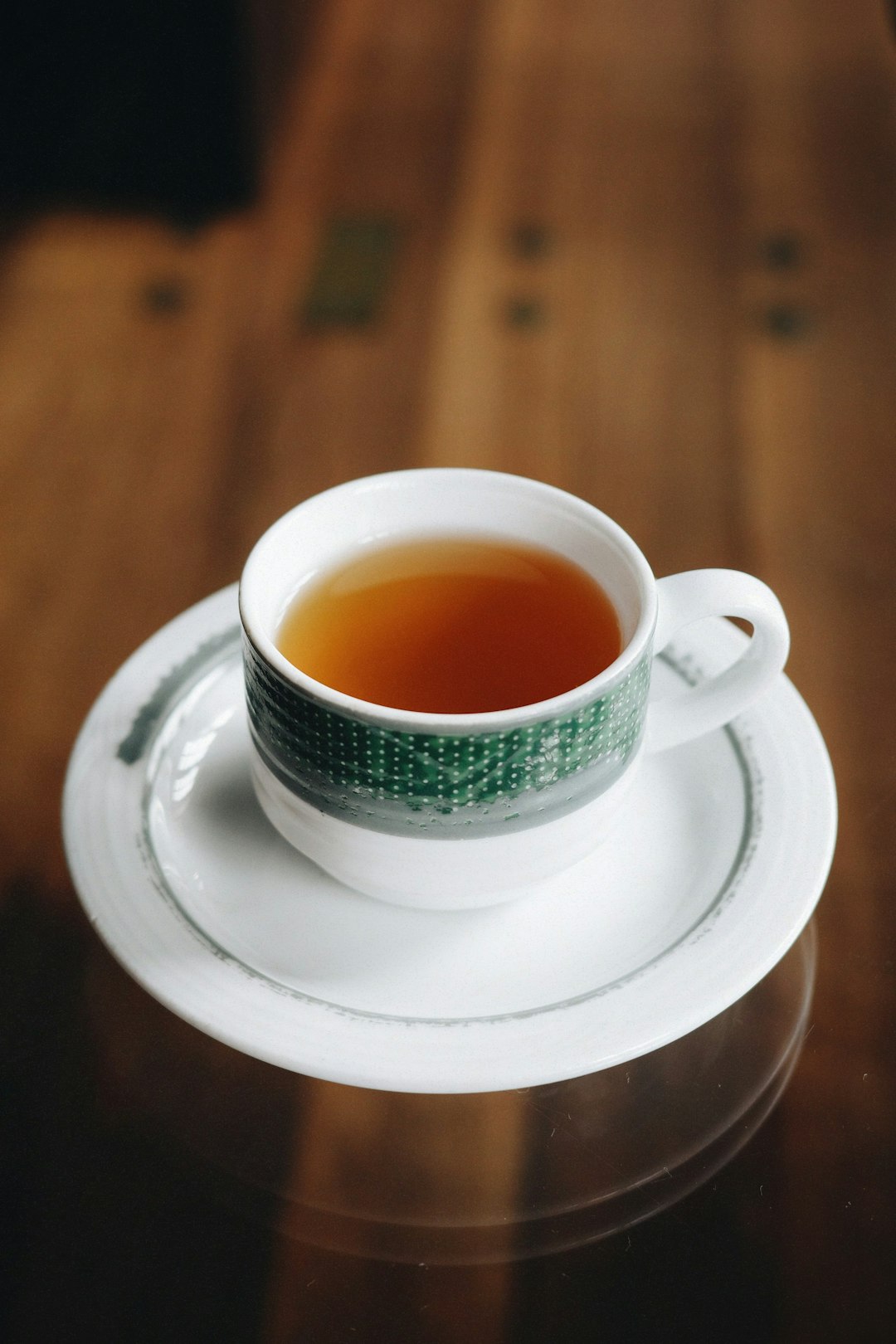The matcha benefits for brain health memory have completely transformed my morning routine. Six months ago, I was struggling with afternoon brain fog and couldn’t remember where I’d put my keys half the time. My friend Sarah, who’s always been into wellness trends, suggested I try matcha instead of my usual coffee. I’ll be honest—I was skeptical. But after just two weeks of daily matcha consumption, I noticed something remarkable: my focus was sharper, and I could actually remember conversations from earlier in the day without having to check my notes.
If you’re dealing with similar memory lapses or finding it hard to concentrate, you’re not alone. Research shows that matcha benefits for brain health memory go far beyond just providing a caffeine boost. This vibrant green powder contains unique compounds that can actually enhance cognitive function and protect your brain from age-related decline.

Understanding Matcha’s Brain-Boosting Compounds
What makes matcha so special for brain health isn’t just one ingredient—it’s a powerful combination of compounds working together. The star player is L-theanine, an amino acid that creates a state of calm alertness. Unlike coffee, which can make you jittery, matcha provides sustained energy without the crash.
Here’s what’s happening in your brain when you drink matcha:
- L-theanine increases alpha brain waves, promoting relaxation while maintaining focus
- Catechins (particularly EGCG) protect neurons from oxidative stress
- Caffeine enhances alertness and working memory
- Chlorophyll supports overall brain detoxification
The National Center for Biotechnology Information has published numerous studies showing how these compounds work synergistically to improve cognitive performance.
How Matcha Benefits for Brain Health Memory Enhancement
The memory-enhancing effects of matcha aren’t just anecdotal—they’re backed by solid science. When I started incorporating matcha into my daily routine, I noticed improvements in three key areas:
Short-term Memory Improvements
Within the first week, I could remember phone numbers long enough to dial them without looking back at my phone. This happens because matcha benefits for brain health memory by increasing blood flow to the brain and supporting neurotransmitter function.
Enhanced Focus and Concentration
The combination of caffeine and L-theanine creates what researchers call “calm focus.” You get the alertness benefits without the anxiety or jitters that often come with coffee consumption.

Simple Ways to Maximize Matcha Benefits for Brain Health Memory
Getting the most out of your matcha routine doesn’t require complicated recipes or expensive equipment. Here are the strategies that have worked best for me:
- Time your consumption right: Drink matcha 30-60 minutes before you need peak mental performance
- Start with quality powder: Ceremonial grade matcha contains higher levels of beneficial compounds
- Don’t overdo it: 1-2 servings per day is optimal for most people
- Pair with healthy fats: Adding coconut oil or MCT oil can enhance absorption
My go-to morning routine involves whisking 1 teaspoon of matcha powder with hot water (not boiling—that destroys the delicate compounds) and adding a splash of oat milk. The matcha benefits for brain health memory kick in within about 45 minutes, and I stay focused for hours.
Long-term Brain Protection and Cognitive Health
Beyond immediate memory improvements, regular matcha consumption may offer long-term brain protection. The antioxidants in matcha, particularly EGCG, help protect brain cells from damage caused by free radicals and inflammation.
Studies from Harvard Health suggest that consistent consumption of green tea compounds may reduce the risk of cognitive decline as we age. While more research is needed specifically on matcha, the preliminary results are promising.
The key is consistency. I’ve been drinking matcha daily for six months now, and the matcha benefits for brain health memory have become more pronounced over time. My ability to recall details from meetings, remember names, and stay focused during long work sessions has improved dramatically.
If you’re ready to experience these benefits yourself, start slowly with a small amount of high-quality matcha powder. Pay attention to how your body responds, and adjust the timing and quantity based on your individual needs. Remember, everyone’s brain chemistry is different, so what works for me might need tweaking for you.
The bottom line? Matcha benefits for brain health memory are real, measurable, and can make a genuine difference in your daily cognitive performance. Give it a try for at least two weeks—your brain will thank you.
How long does it take to see matcha benefits for brain health memory?
Most people notice initial improvements in focus and memory within 1-2 weeks of daily matcha consumption, with more significant benefits developing over 4-6 weeks of consistent use.
What’s the best time to drink matcha for maximum brain health benefits?
The optimal time is 30-60 minutes before you need peak mental performance, typically mid-morning or early afternoon, avoiding consumption within 6 hours of bedtime.
How much matcha should I consume daily for brain health memory benefits?
Start with 1/2 teaspoon (1-2 grams) daily and gradually increase to 1-2 teaspoons maximum, as excessive amounts can cause jitters and may reduce the cognitive benefits.
✓ Expert Reviewed: This content has been reviewed by qualified professionals in the field.
Last Updated: July 6, 2025
Disclaimer: Content is for informational purposes only. Professional advice should be sought for specific situations.
Editorial Standards: The Tea Research Team at matchatealeaf.com unites premium tea industry professionals with advanced AI research tools to create deeply informed, engaging content on matcha, green tea, and black tea. Drawing from years of firsthand experience and global industry insight, the team blends tradition with technology, ensuring every article is accurate, inspiring, and rooted in genuine expertise—making us a trusted source for tea lovers worldwide. All content follows strict editorial guidelines with fact-checking and expert review processes. Read more about Tea Research Team